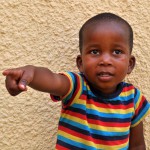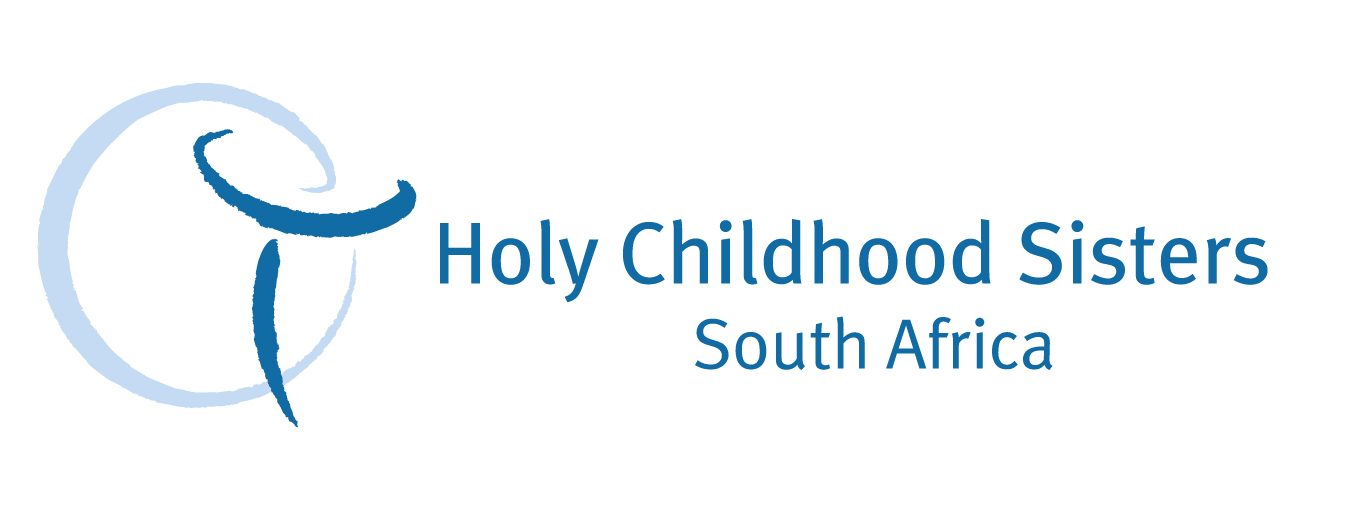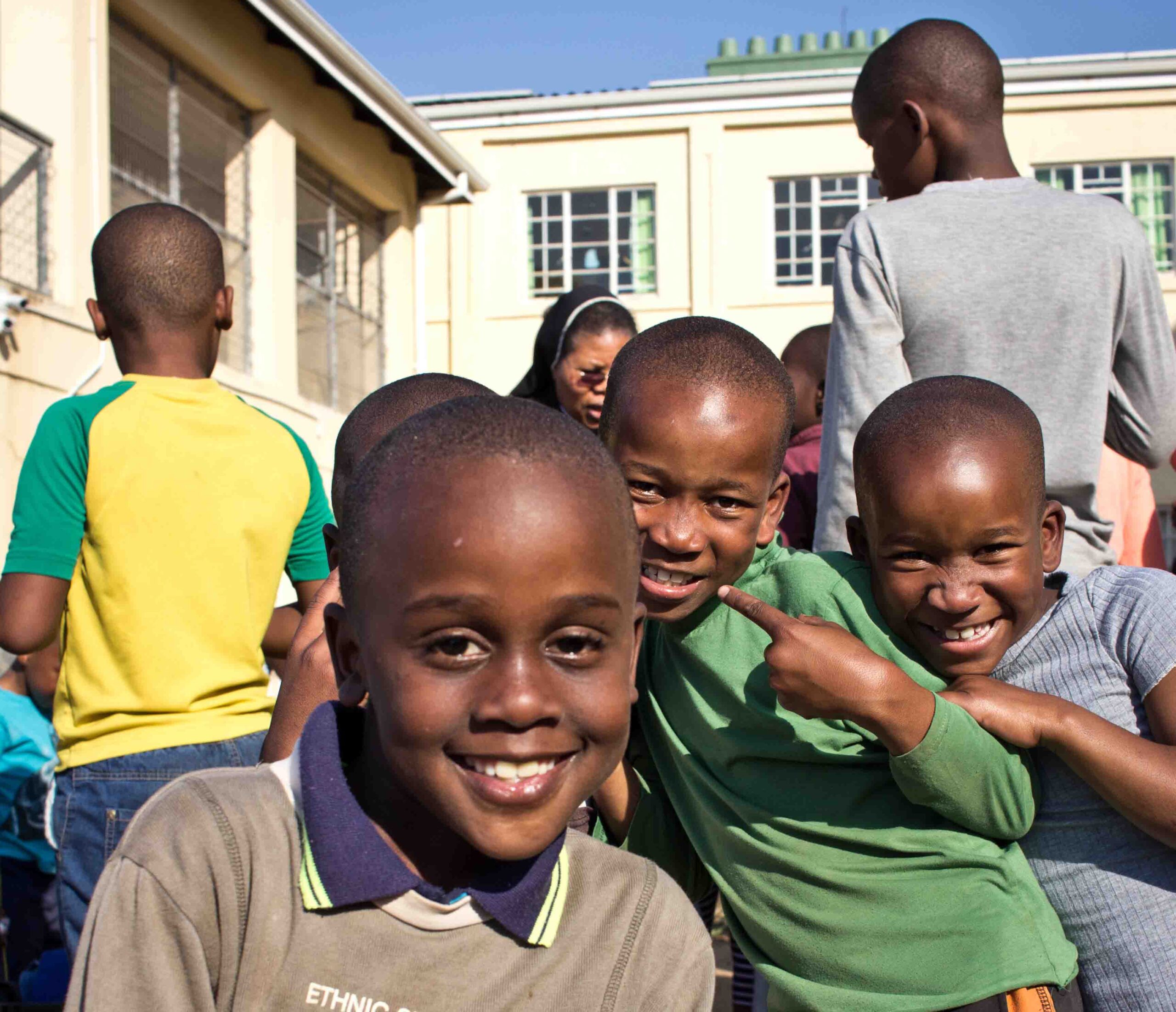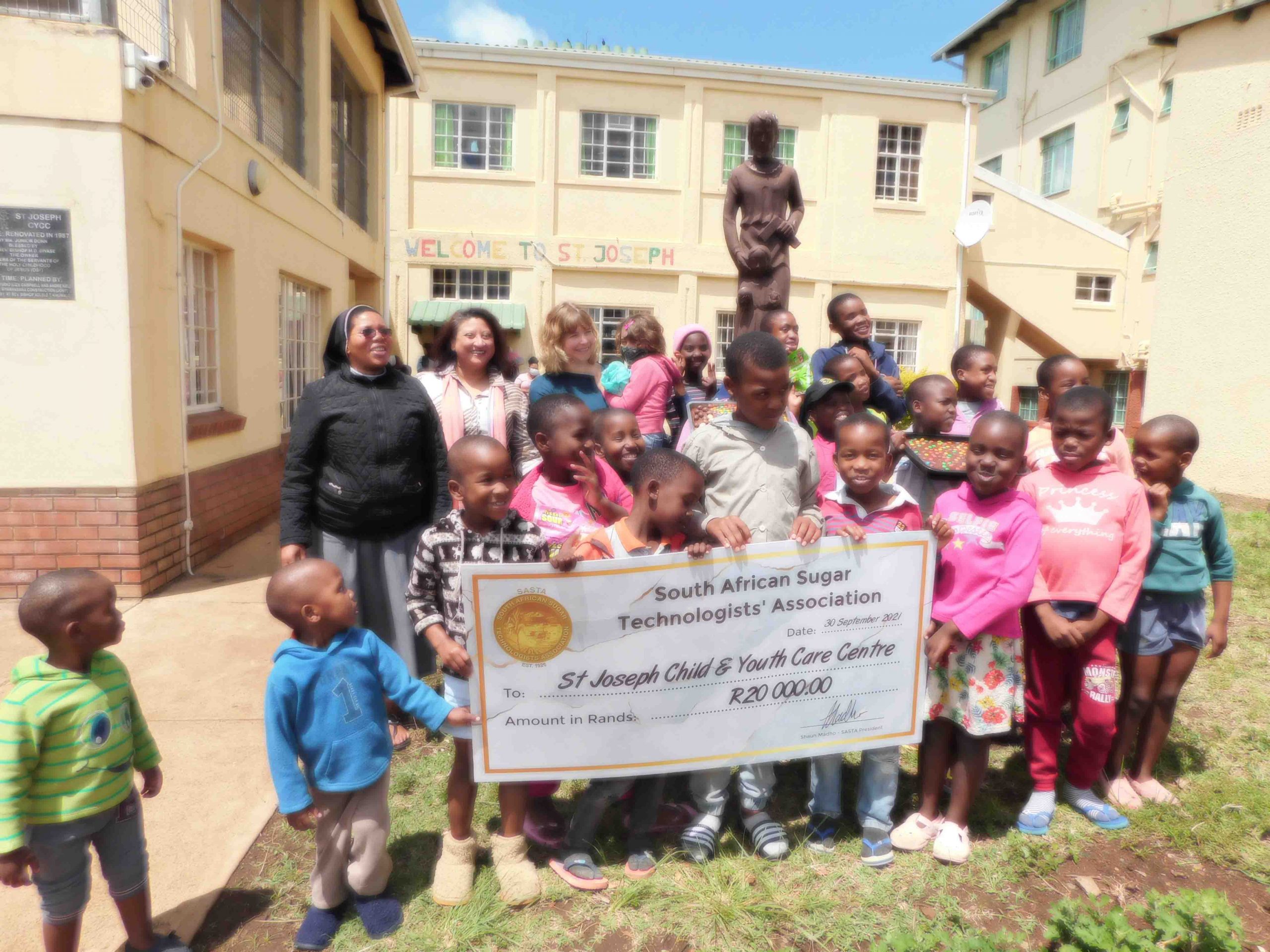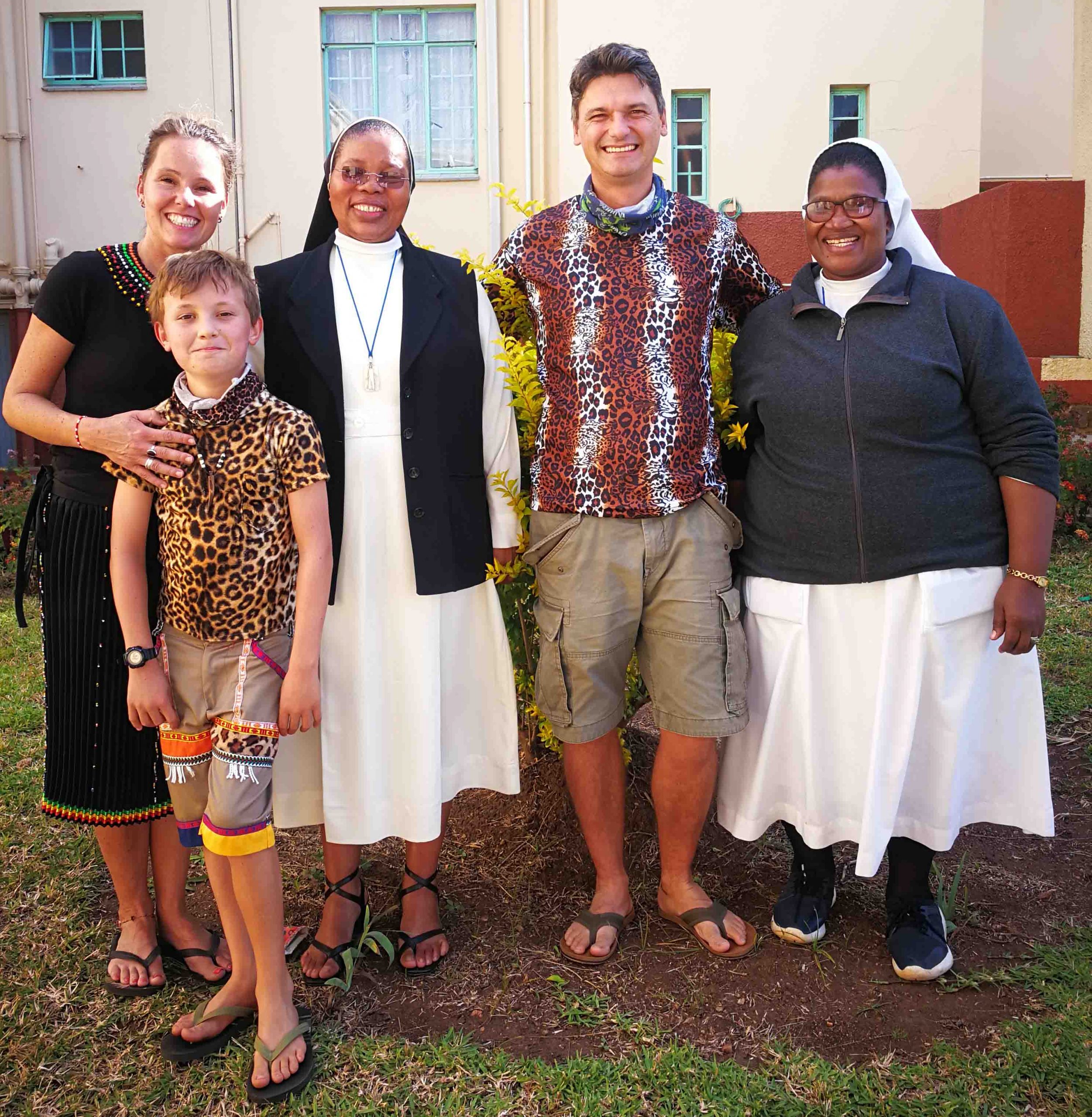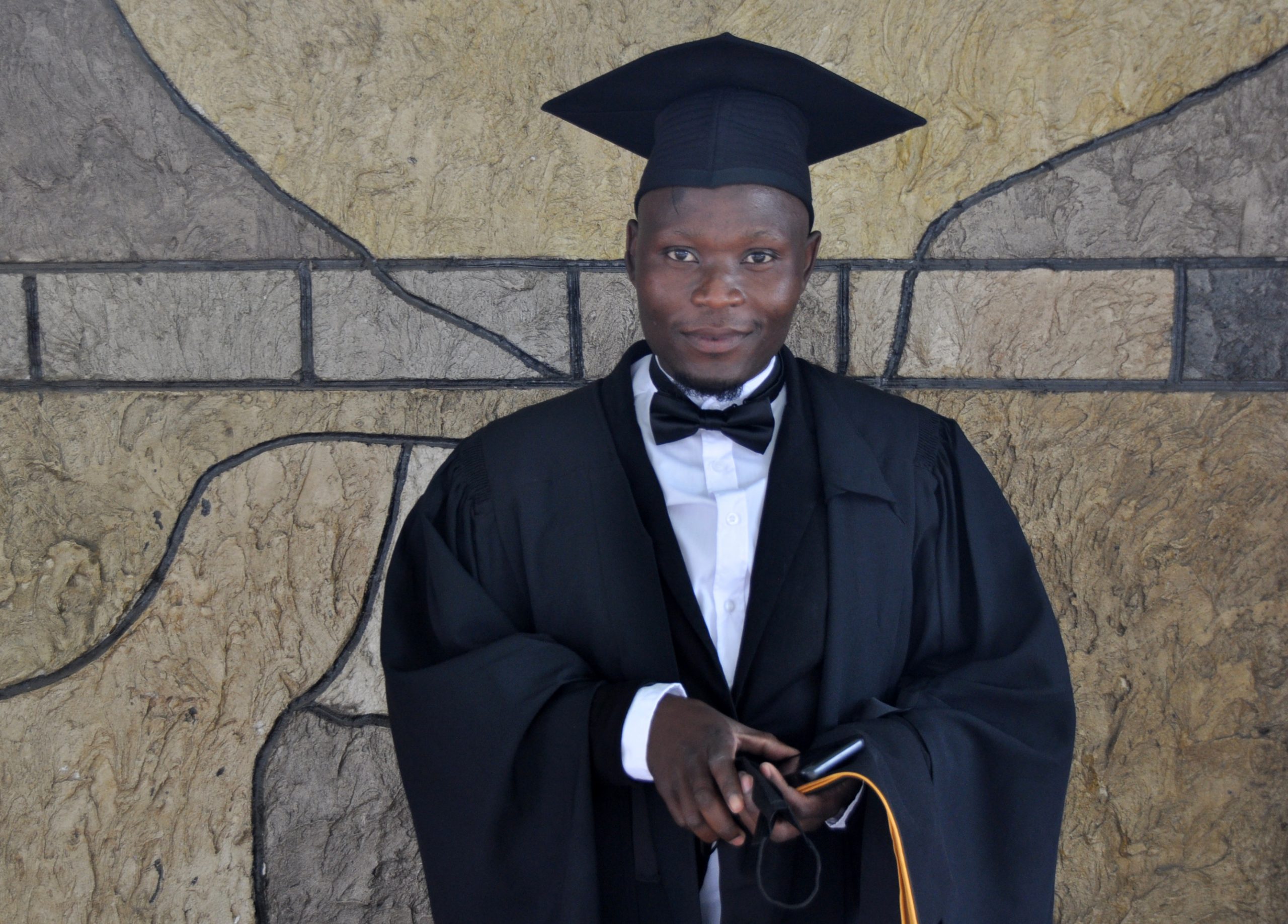What we do
Share love
In St. Joseph, we give the children a safe haven to enable them to grow and develop in their own pace. This is their “home away from home”, where all of them are loved and cared for 24 hours a day, 7 days a week!
give education
Our children’s home is situated in a very rural area without a lot of infrastructure. Our children visit the crèche on the mission’s premises and later move on to a selected primary school in the surrounding area.
preserve culture
Our children grow up in rural Zululand. We want their lives to feel normal and for them to feel connected with their culture. That’s why we promote local Zulu customs and traditions in our daily work.
Build a network
The roots of our congregation lie in Germany, but we also have convents in the USA and South Africa. We are building international networks with friends and donors to support the work in St. Joseph CYCC.
Where we work
South Africa has a society with one of the biggest inequality rates worldwide. A small middle and upper class draws a picture of a thriving society. In reality, more than half of the population has less than 25 Rand (1,50 Euro) per day. One out of five South Africans doesn't know how to pay his next meal. One of the poorest provinces is KwaZulu-Natal, where St. Joseph CYCC is based. In the rural area of Mbongolwane, people suffer from numerous problems. High unemployment and bad living standards lead to high numbers of domestic and gender-based violence, alcoholism and drug abuse. HIV is a huge problem. More than half of all women between 30 and 39 years live with the virus. In St. Joseph, some of the children are HIV-positive as well.
More than half of all South Africans live off 25 Rand a day.
61% of all poor people in KwaZulu-Natal are younger than 25. They often don't have a chance.
25% of all adults in KZN are HIV positive. With women between 30 and 40 years, the number is 56%.
21% of all households in KZN don't have access to electricity. 13% don't have access to water.
Our children
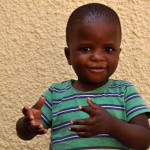
builder
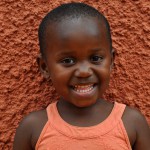
doctor
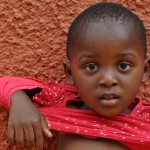
teacher
